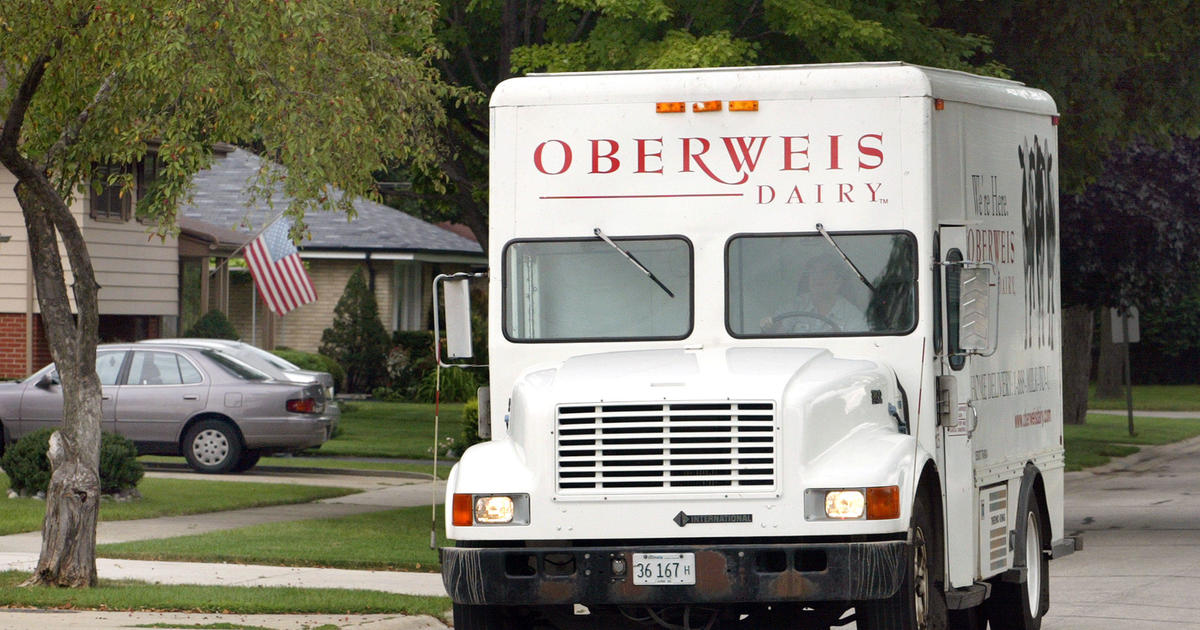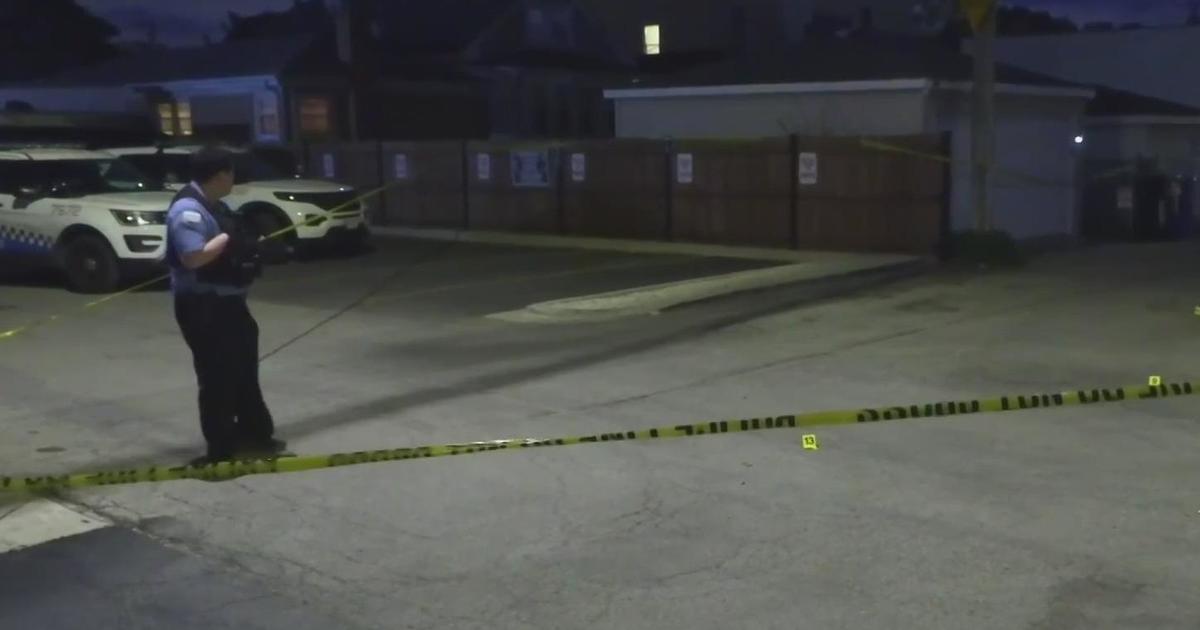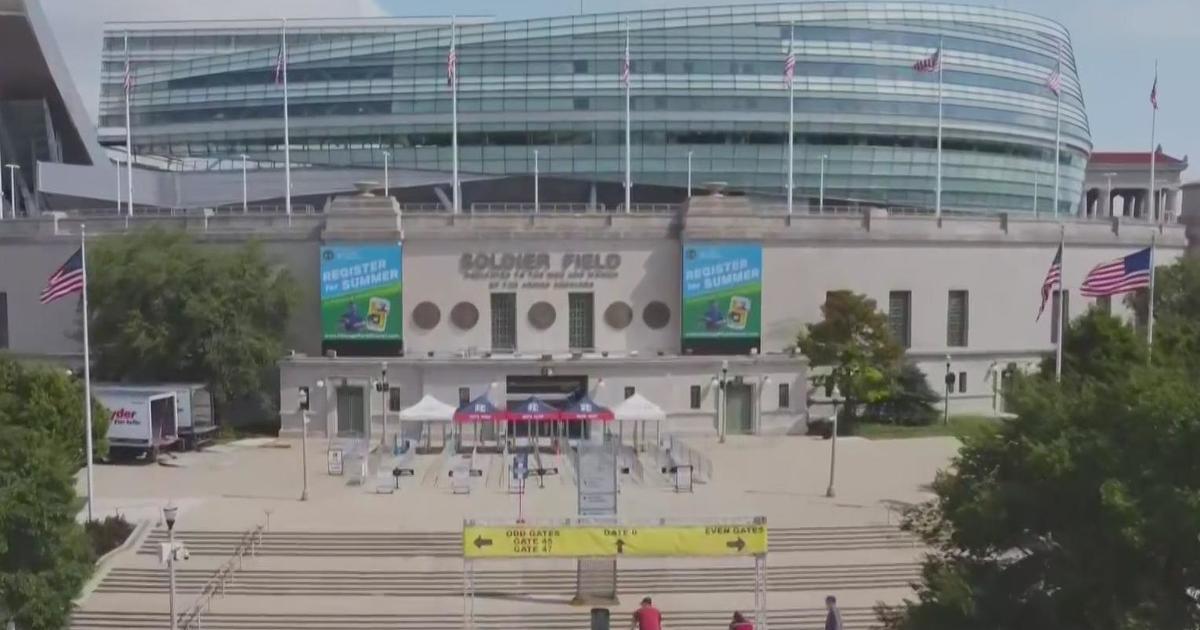August May Bring More US Coronavirus Deaths Than Expected, But Next Wave In Winter Could Be Worse
(CNN) -- A leading US model has upped its projected coronavirus death toll by August to 66,000, a 10% increase from its previous prediction.
The change came as states began updating their death tallies, adding residents of nursing homes whom officials are now counting as presumptive positives, Dr. Chris Murray, the director of the Institute for Health Metrics and Evaluation at the University of Washington, said Tuesday.
Your coronavirus questions, answered
As those numbers grow, the timeline for relaxing social distancing measures should be slowed down, Murray said.
Murray's team was taken aback when states like Georgia, which still has a high number of infections, announced they'd soon ease some restrictions, he said. Gov. Brian Kemp has said his state is prepared to handle an uptick in cases as businesses begin reopening Friday.
"If people start to go back to normal social interaction or even progressively go back, the risk of transmission will go up ... and then you go back to the sort of exponential rise that was happening before we put in social distancing," Murray told CNN. "The risk is very great for resurgence from these early openings."
That's as the US Centers for Disease Control and Prevention director gave an ominous forecast of a possible second wave of the virus in the winter.
"There's a possibility that the assault of the virus on our nation next winter will actually be even more difficult than the one we just went through," Robert Redfield told The Washington Post. "We're going to have the flu epidemic and the coronavirus epidemic at the same time."
The US has so far recorded more than 825,306 infections and at least 45,075 deaths.
California is first state to recommend testing for asymptomatic people
To safely move forward, experts have emphasized the country should be able to track, trace and isolate cases.
Bolinas, a remote Northern California community, may be one of the first in the world to attempt to test all of its residents for the virus and for the antibodies that may make people immune.
Fewer than 2,000 people live in the town, and in the first two days of testing, more than 700 residents showed up. The community-wide free testing is voluntary and part of a new study launched by the University of California, San Francisco, that's attempting to get a more complete understanding of how the virus is spreading.
The spread is something health officials all over the state are trying to tackle, now recommending coronavirus testing for asymptomatic people who live or work in high-risk environments such as nursing homes or hospitals.
The new guidelines, from the state's health department, were announced in an April 19 memo. They make California the first state in the nation to broaden its guidelines for testing to include those without symptoms, state health officials told CNN.
The CDC previously advised testing high-risk patients and health care workers who have symptoms, a California Department of Public Health spokesperson said.
California is averaging 14,500 coronavirus tests a day, Gov. Gavin Newsom said Tuesday, calling the number "still inadequate." The state has a long way to go before it can attempt to reopen, he said.
The US has so far conducted 4 million tests
In two plans for reopening society, economists and public health experts say millions of tests should be conducted each week before restrictions can be lifted.
One report estimates at least 3,000,000 and up to 30 million tests should be conducted weekly, while the other says the US should be conducting 20 million tests each day.
So far, the country has performed about 4 million tests. While federal officials tout the country's testing capacity, some state leaders -- including Illinois Gov. J.B. Pritzker -- have reported that while they may have the necessary machines, they lack the materials and staff to run them.
A test that was approved by the US Food and Drug Administration may mean Americans can mail in their results. The test would allow patients to collect their samples using an at-home test kit and then mail it into the lab for testing, the FDA said Tuesday.
In most states, the test could be available within weeks to patients with a doctor's order, the agency said.
The FDA is working with governors and state health officials to ensure the supplies and information regarding the tests are available "so that they can actually unlock that capacity," FDA Commissioner Dr. Stephen Hahn told "CBS This Morning" on Wednesday.
"We believe that based upon that information that we could double the number of tests that are done in a very short period of time," Hahn told the morning show. "That could be done this week."
Another company warned of possibly misleading results.
Abbott Laboratories, the maker of a rapid coronavirus test that's been widely used across the country and distributed by the federal government, warned its device can produce false negatives if a certain solution is used to move or store the patients' samples.
The company told health care workers not to use "viral transport media" solutions on its device and instead said customers should only place swabs with patients' samples directly in the device.
States are grappling with how to move forward
Despite the questions surrounding tests, many US governors have turned their attention to reopening their economies.
Last week, the federal government said in order to launch the first of three phases of reopening, states should wait to see a 14-day decline in cases.
South Carolina and Georgia announced this week -- before either hit that milestone -- they'll be easing restrictions.
Georgia's governor said workers and business owners need relief, adding that businesses including bowling alleys, body art studios and hair and nail salons can reopen this week. Theaters and restaurants can open their doors next week with social distancing restrictions.
No local ordinance can restrict the openings, which will be implemented statewide, Kemp said. Mayors across the state were left astounded, many saying they're unprepared.
Atlanta is exploring whether the city has legal grounds for putting different orders in place than what Kemp has announced, Mayor Keisha Lance Bottoms told CNN on Tuesday
"I have searched my head and my heart on this, and I am at a loss as to what the governor is basing this decision on," she said.
In Boston, officials have plenty of work to do to contain the virus, Mayor Marty Walsh told CNN, and it's "pretty scary" to think some states are considering reopening.
"What could happen is we'll see another surge in cases. People are already talking about a second surge here in the fall or in the winter. I can't imagine having to go through what we're going through again. We need to be prepared for that," Walsh said.
South Carolina Gov. Henry McMaster announced retail stores selling furniture, books, music, flowers, clothing and accessories, as well as department stores, sporting goods stores and flea markets, are allowed to open at 20% capacity -- or five people per 1,000 square feet. Beaches, he said, will reopen Tuesday at noon.
In Tennessee, Gov. Bill Lee announced most businesses across the state will be able to reopen May 1, once the state's stay-at-home order has expired -- but hinted some may be able to open sooner.
Other governors -- including New York Gov. Andrew Cuomo and Newsom -- have announced they have partnered with neighboring states to come up with plans to reopen but have stopped short of giving a timeline just yet. Cuomo has highlighted that ramped-up testing will be key in preparing the state.
On Tuesday, he tweeted the state was planning to double its capacity to 40,000 tests per day, saying it was an "ambitious" goal but "critical."
The-CNN-Wire™ & © 2020 Cable News Network, Inc., a WarnerMedia Company. All rights reserved.



